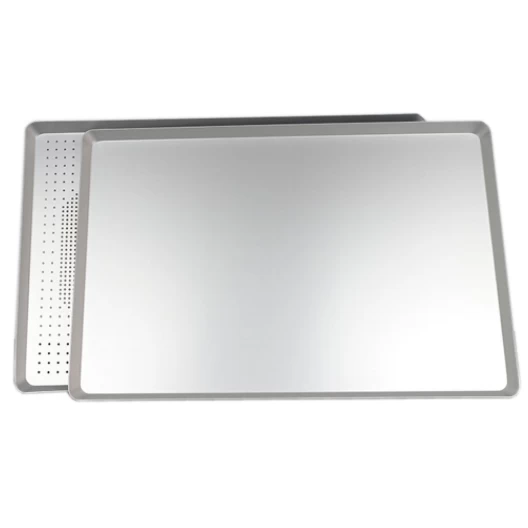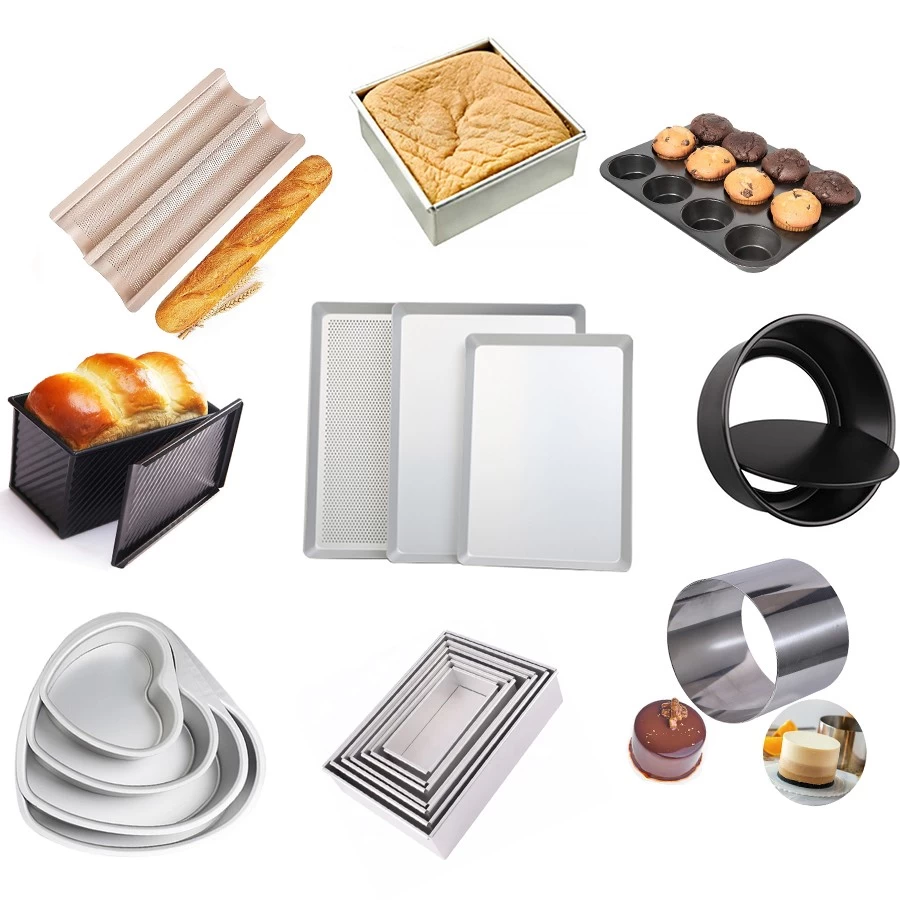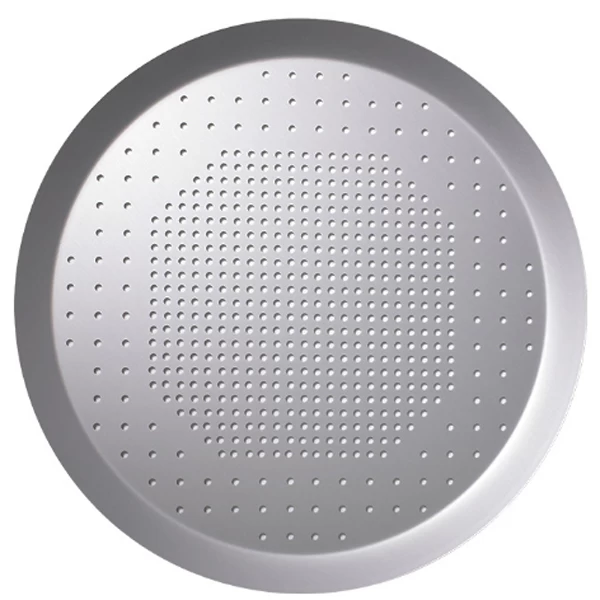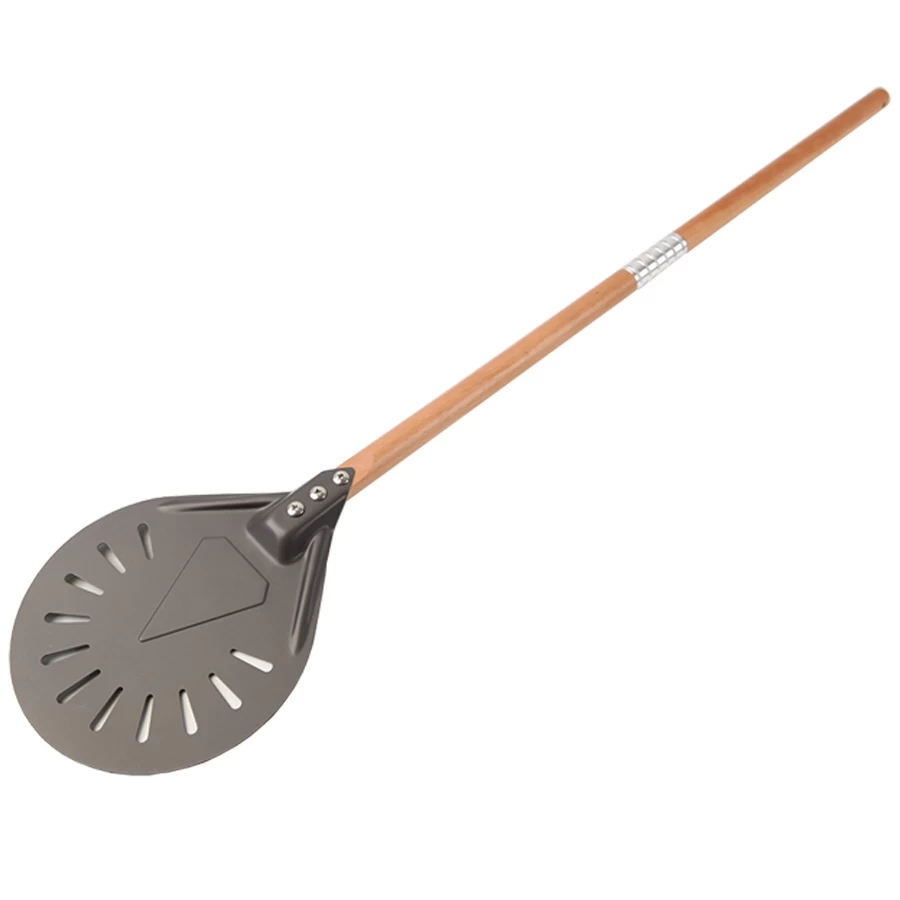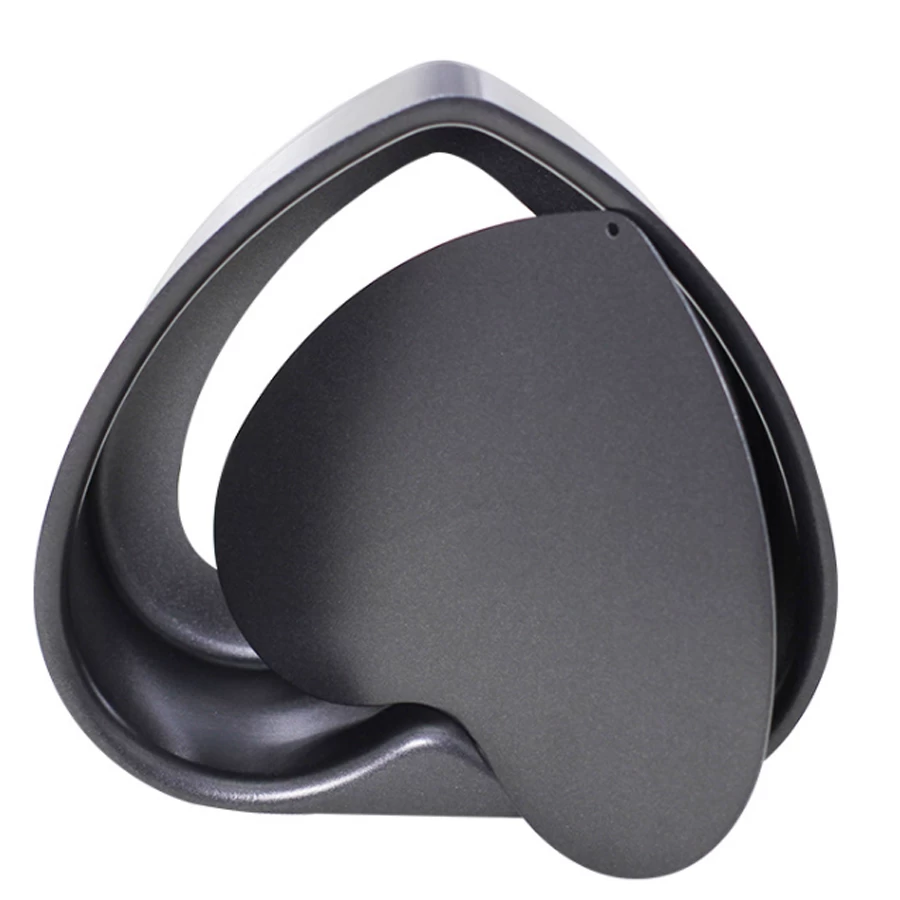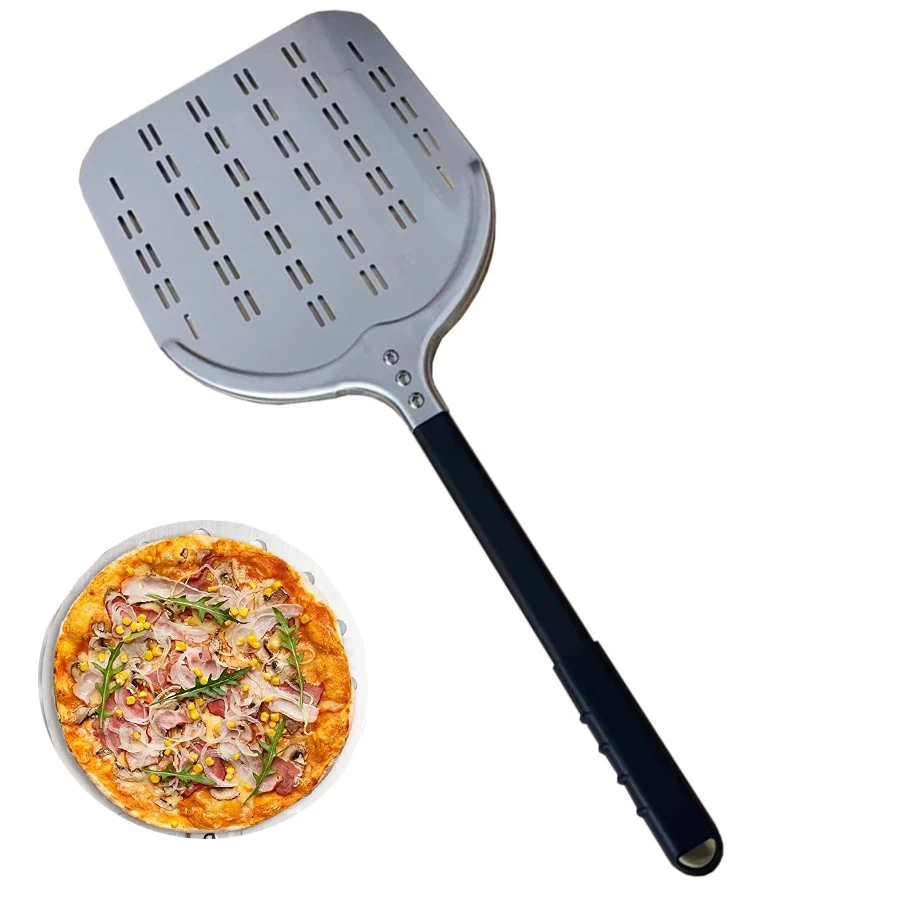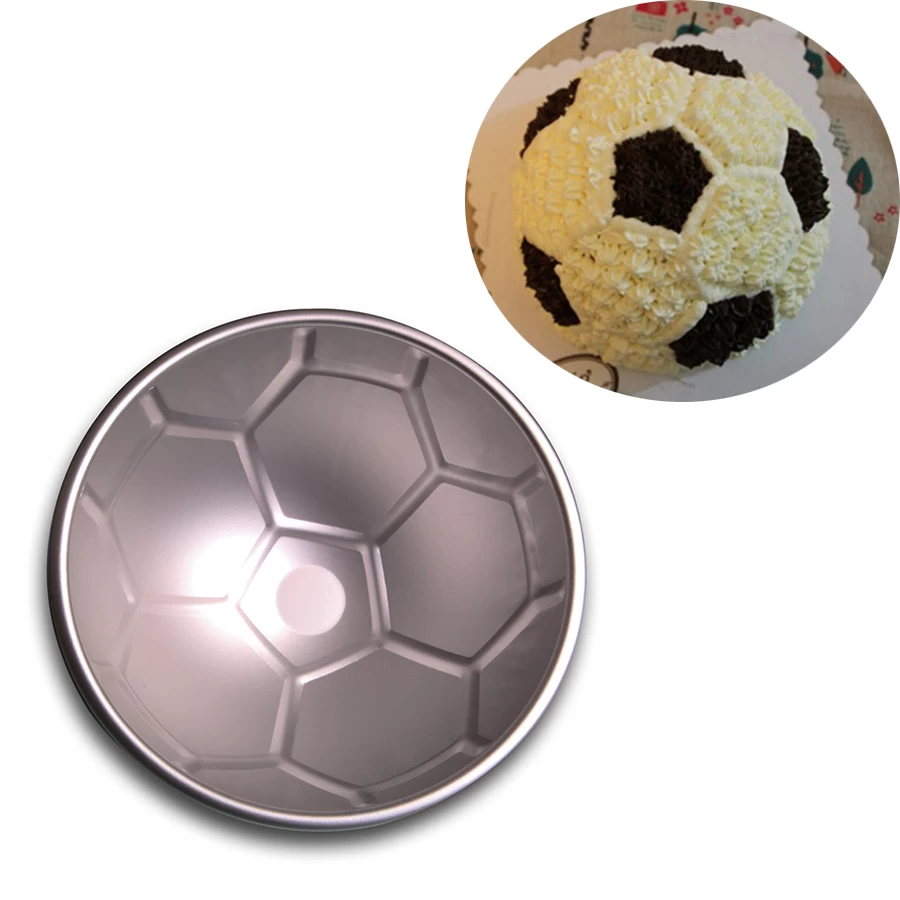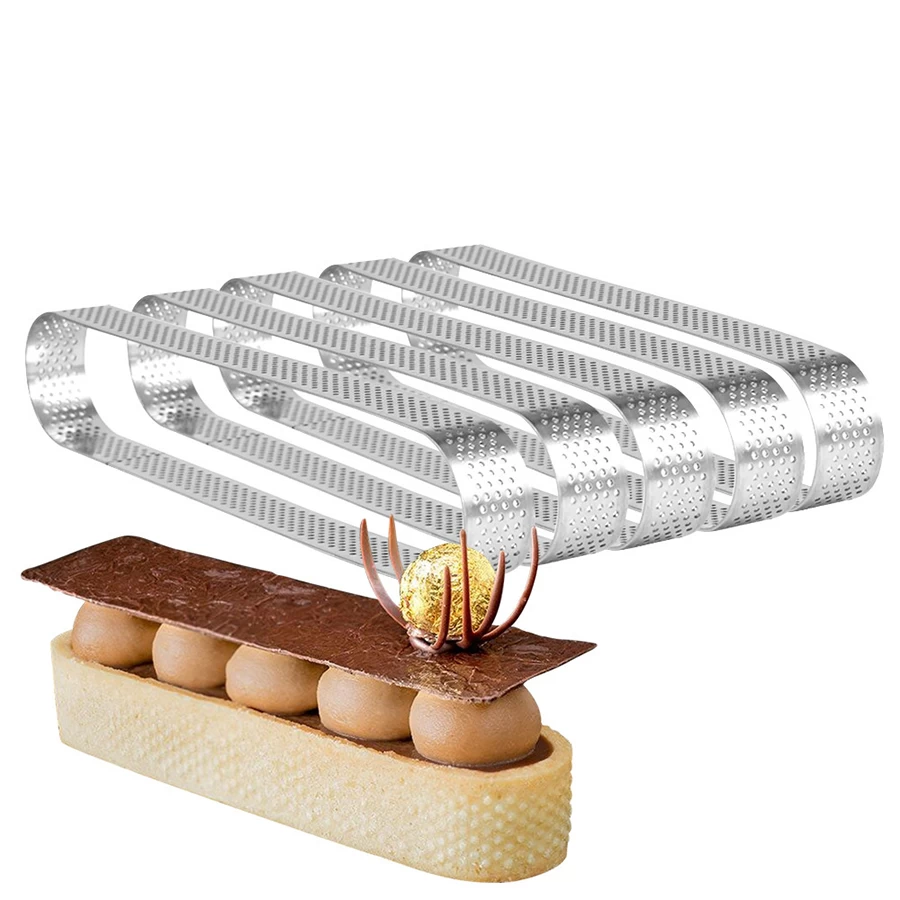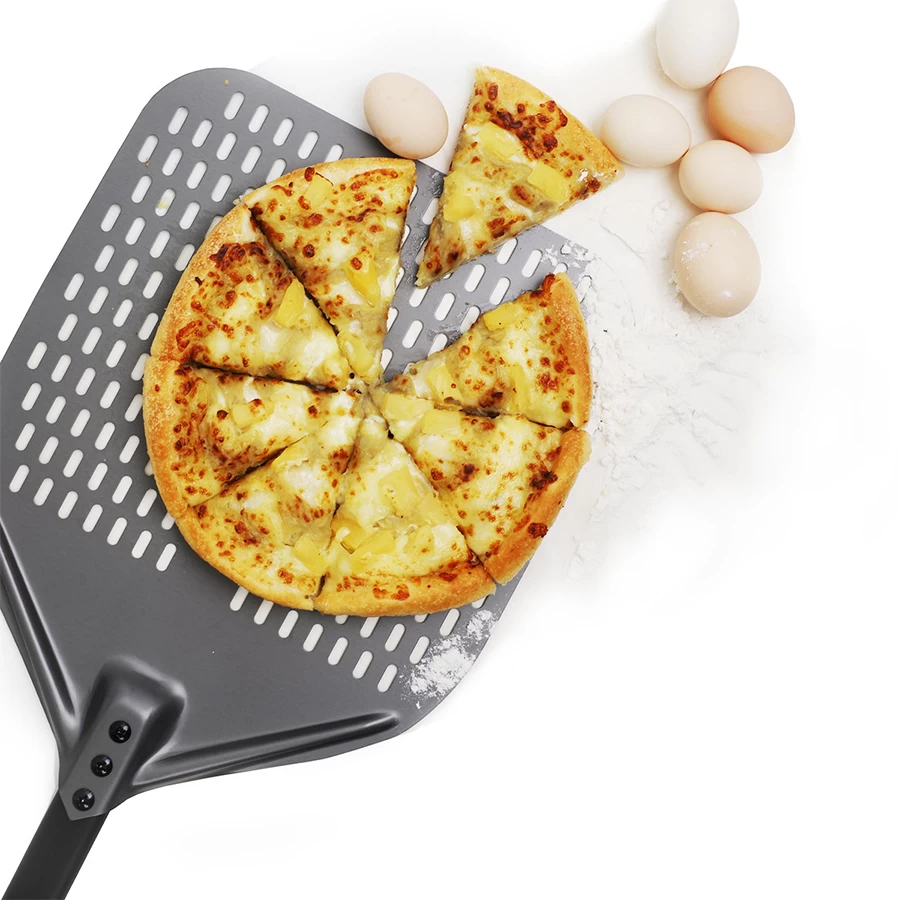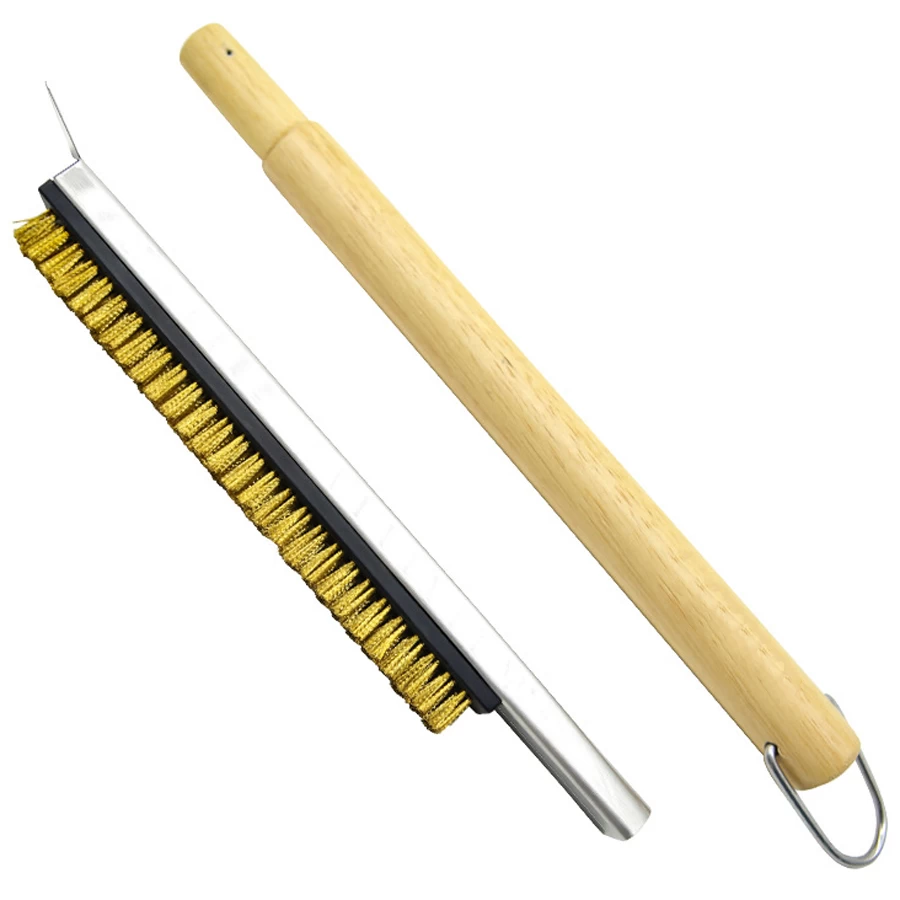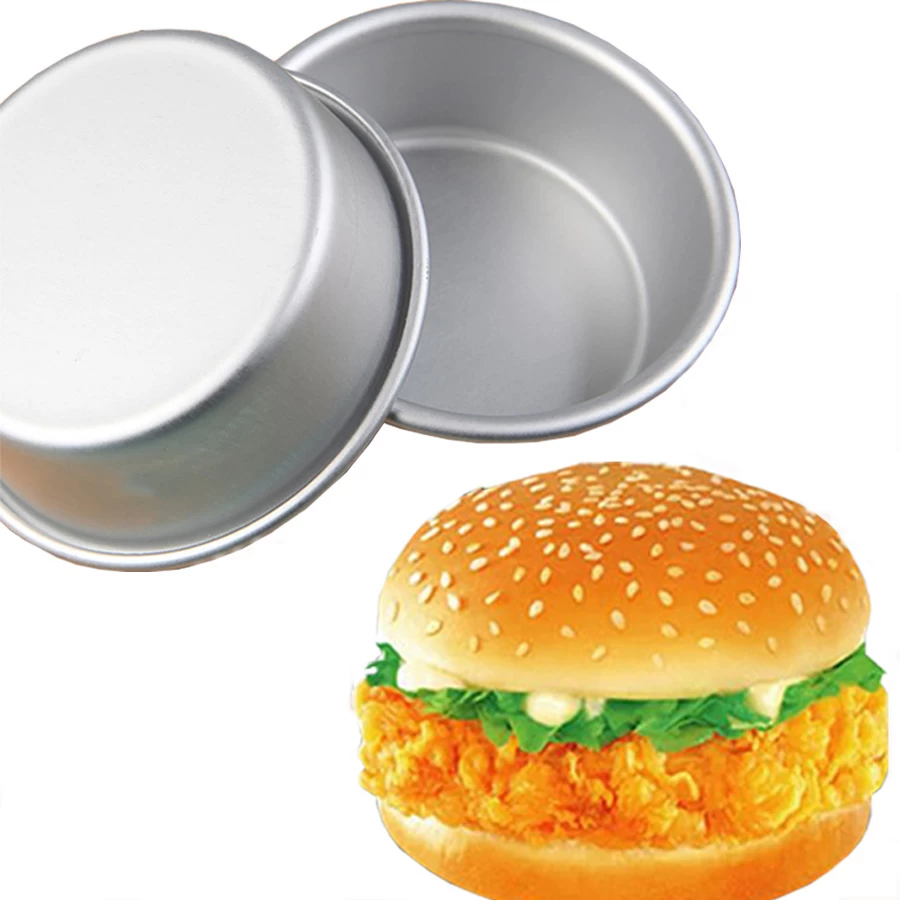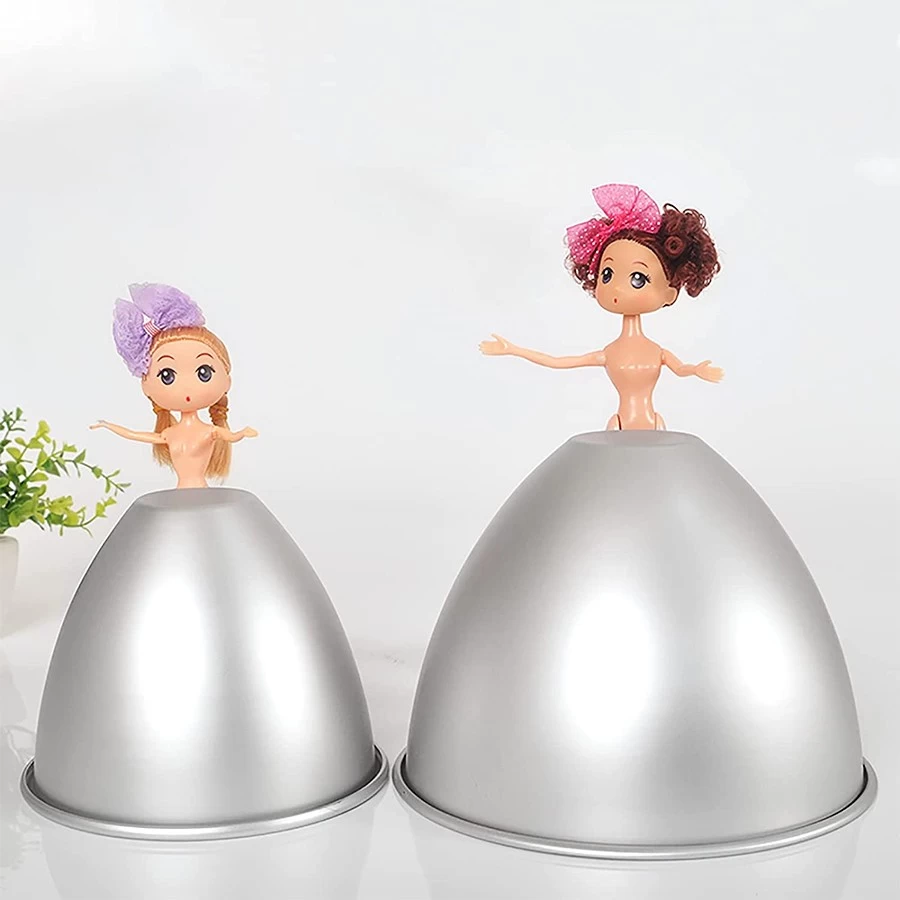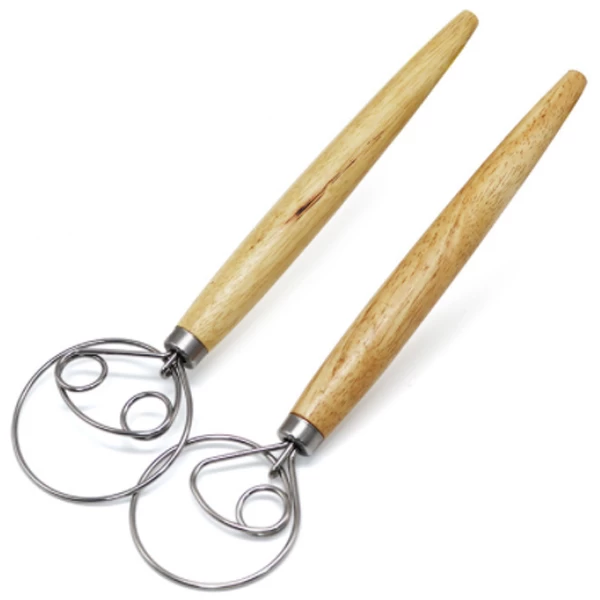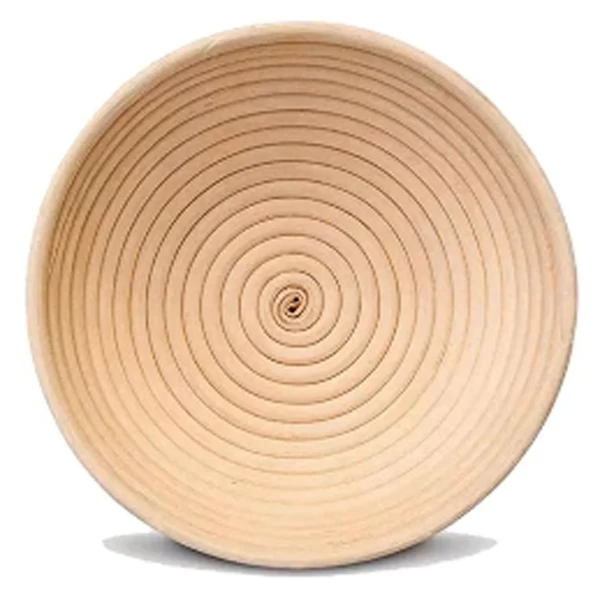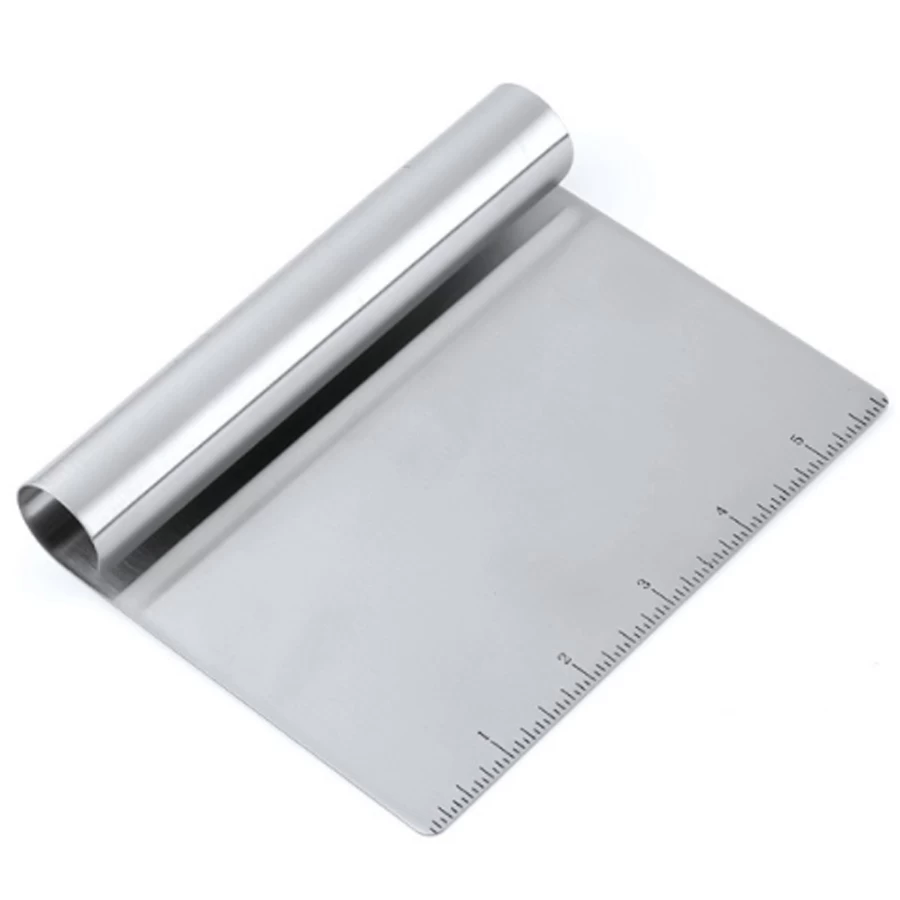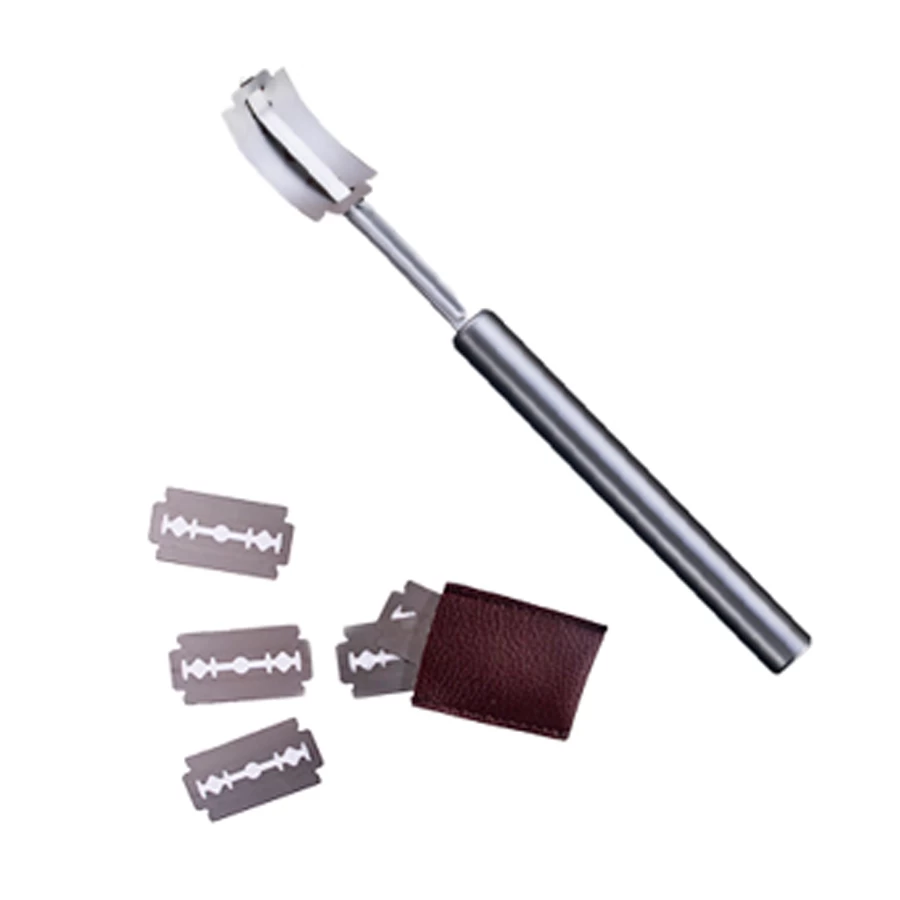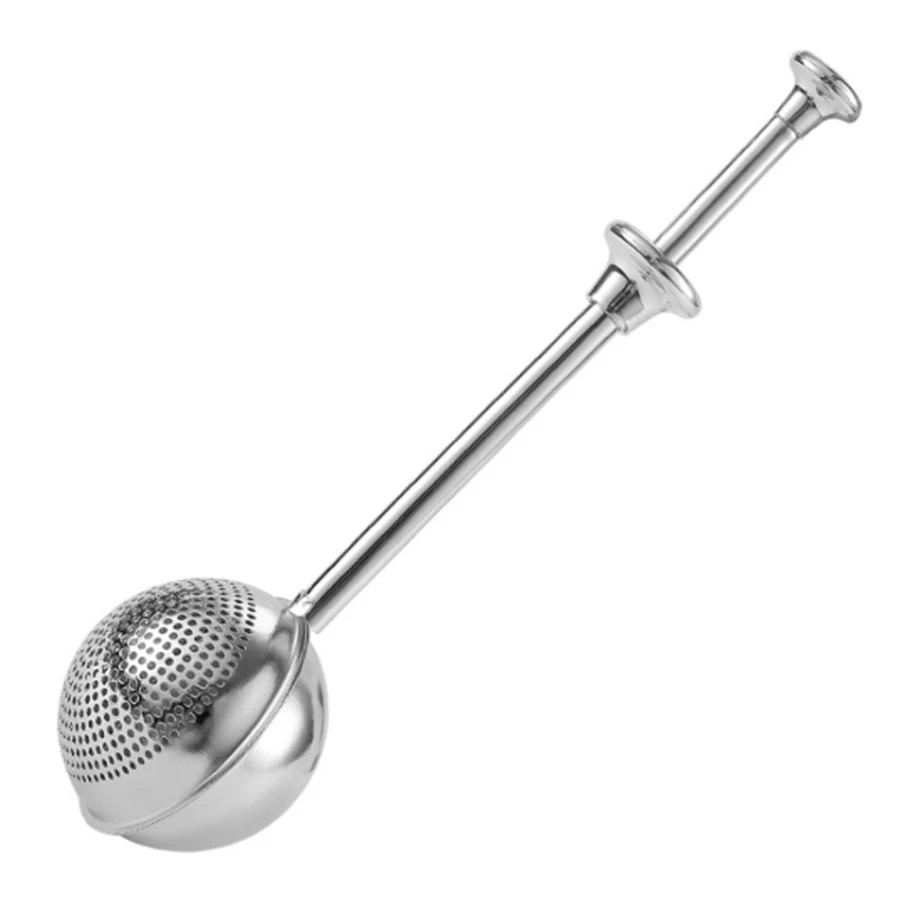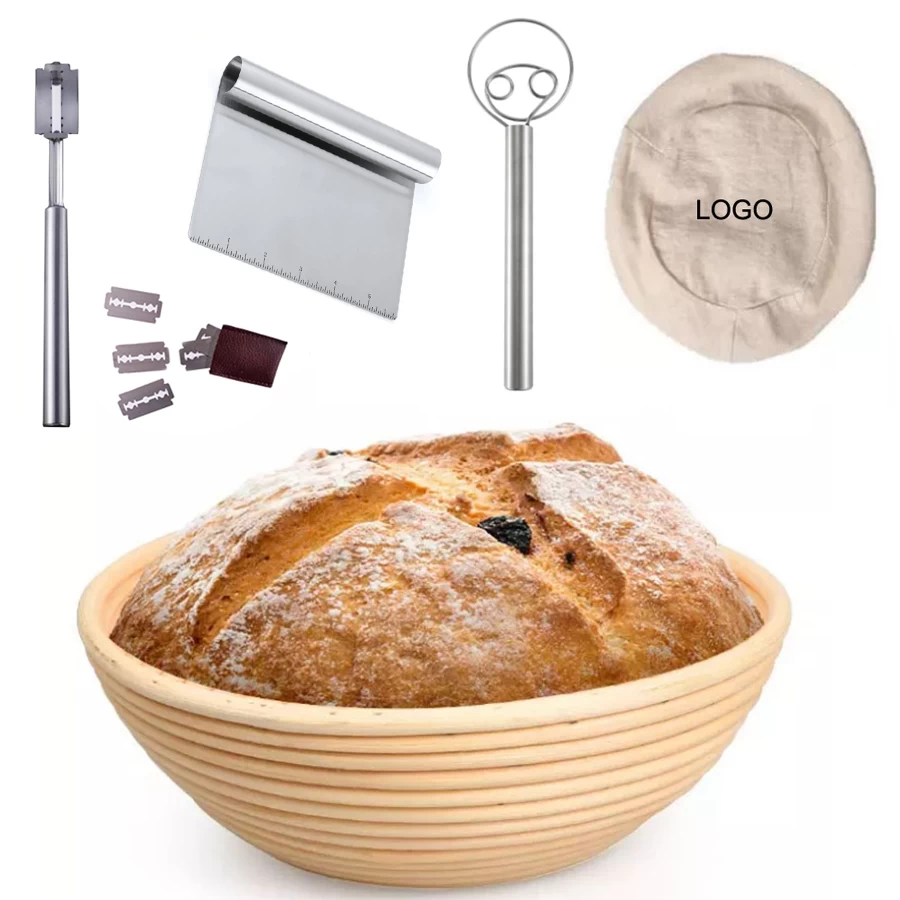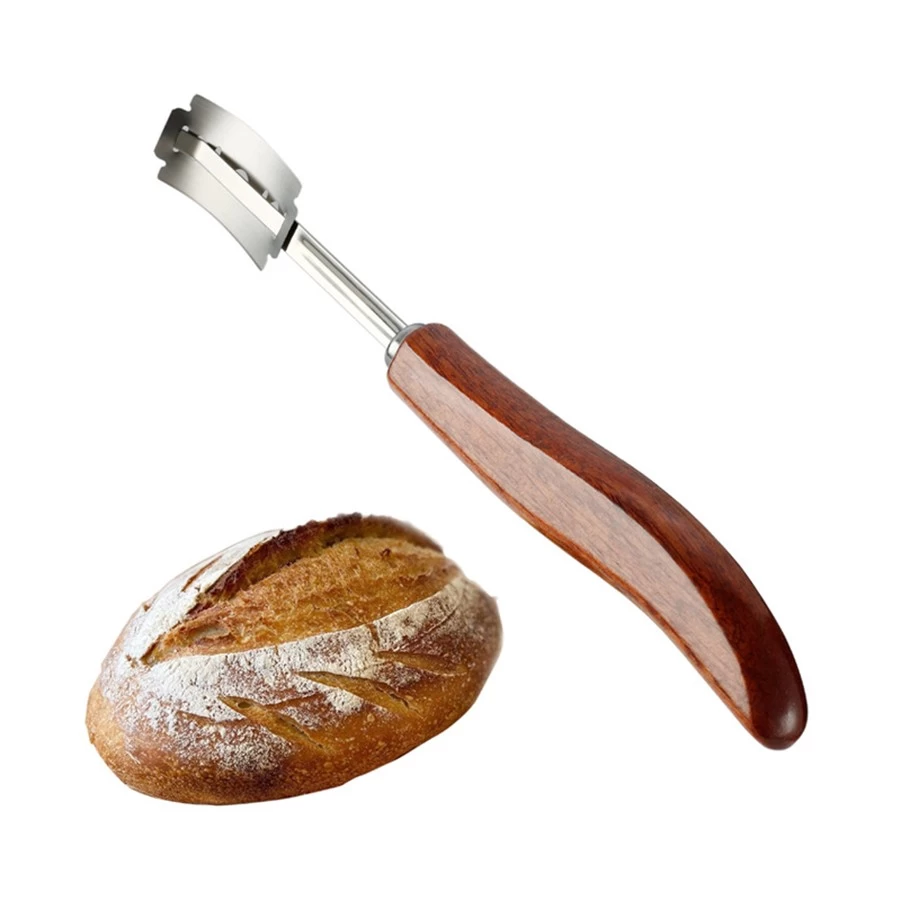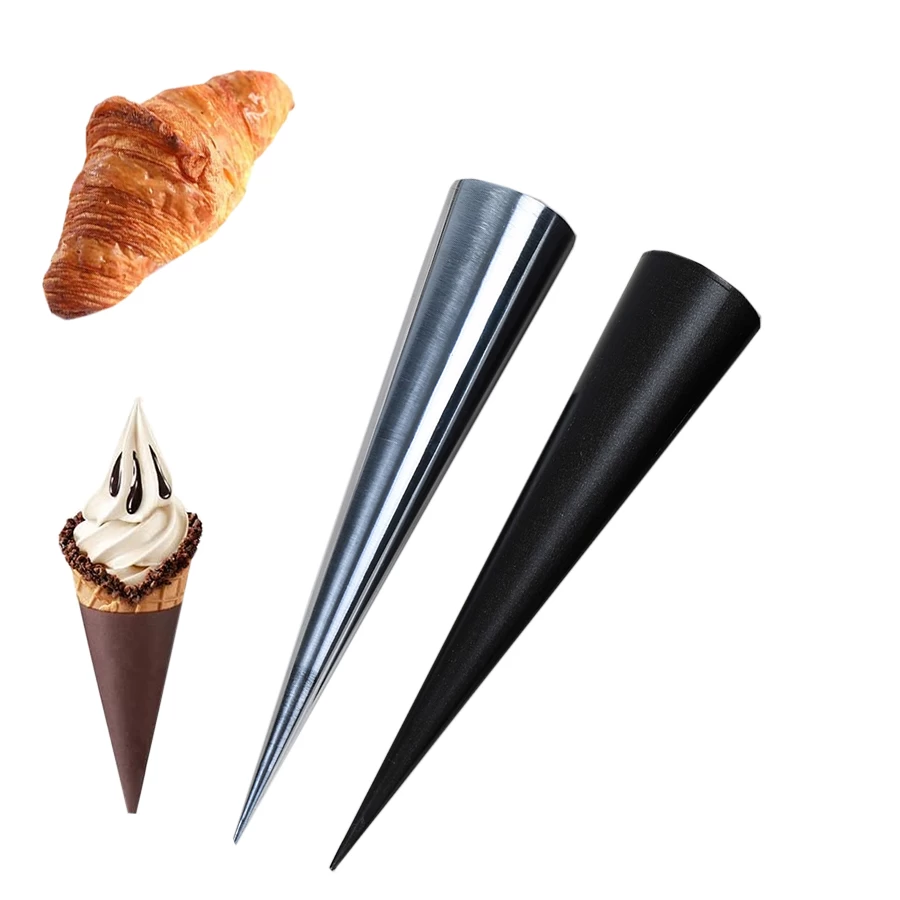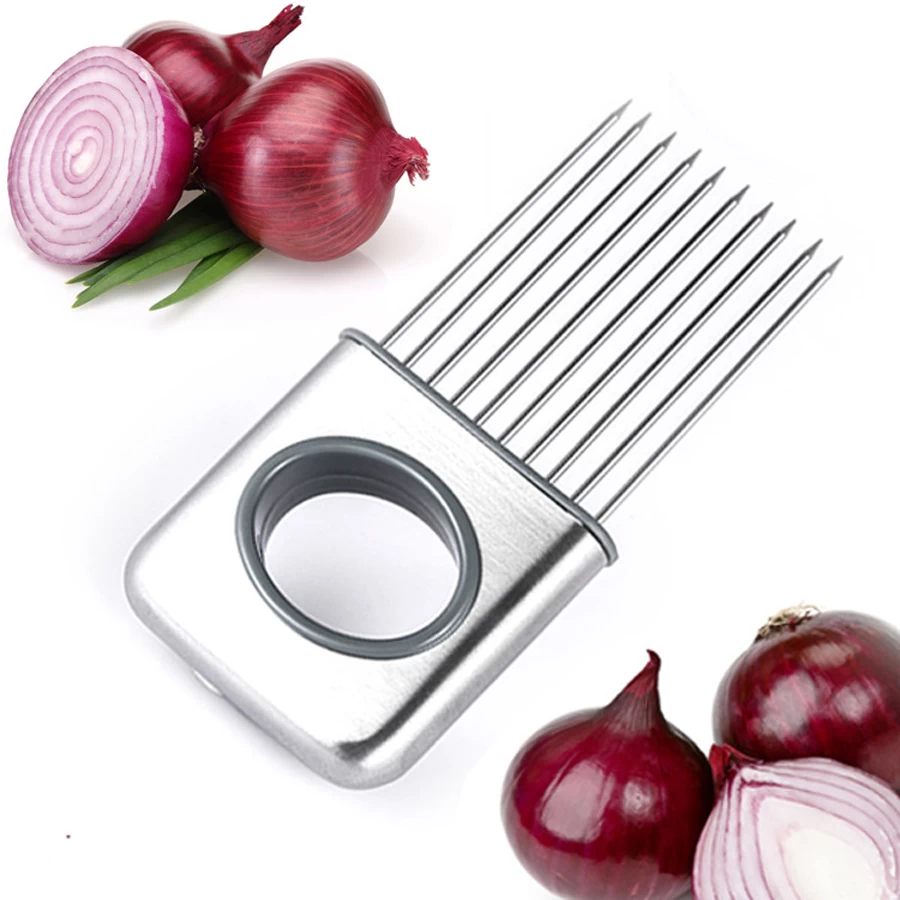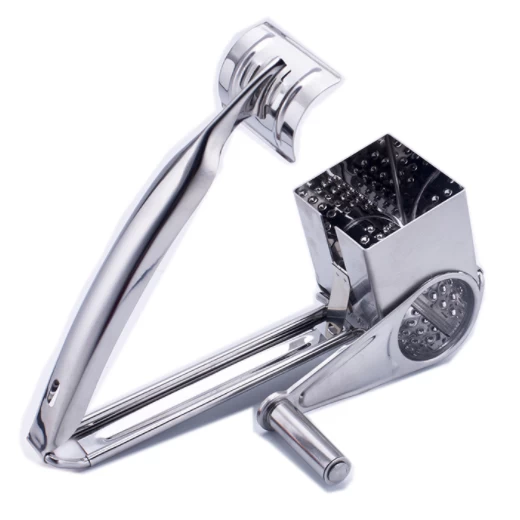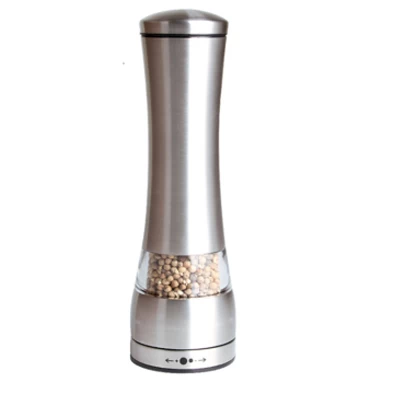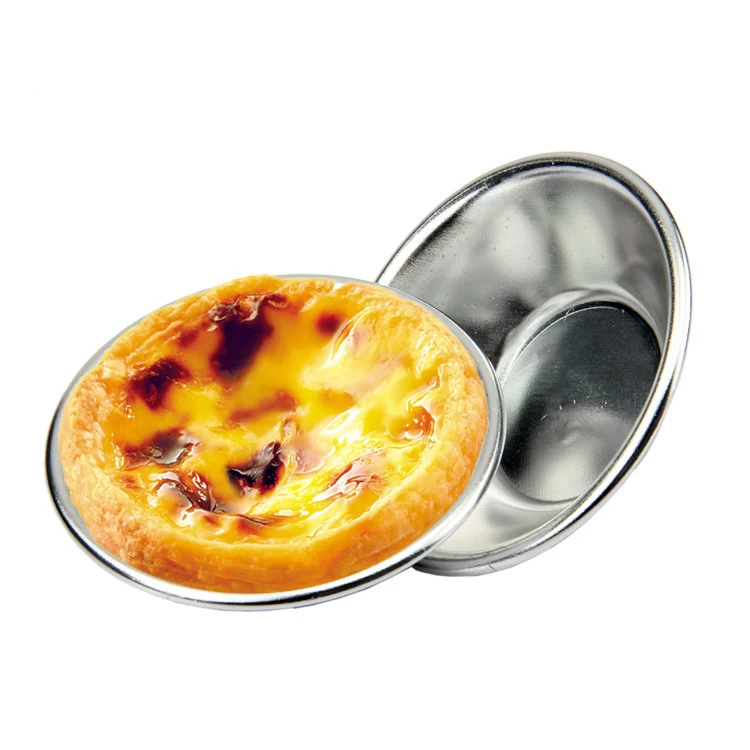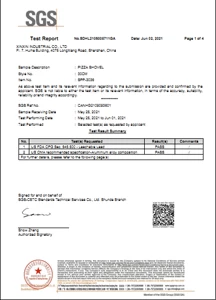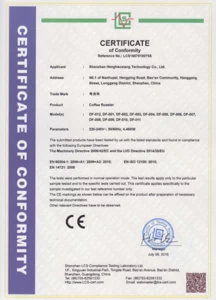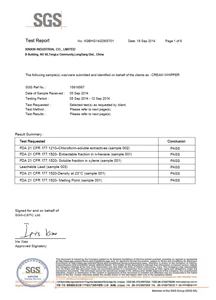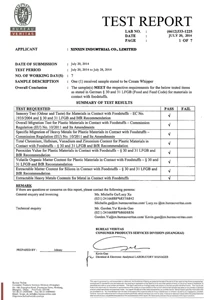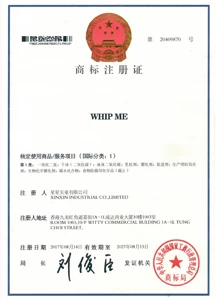The Different Materials for Baking Molds
Generally, there are two types of materials for baking molds, 1). Aluminum alloy 2). Aluminum plating
Here are the differences
Aluminum alloy materials are relatively light and have fast thermal conductivity; Aluminum plating is relatively heavier, and its thermal conductivity is not as good as aluminum alloy. 3. As for coatings, there are generally anodes, non stick, and hard films. Anodes are more resistant to chemical corrosion, do not oxidize, and are hygienic; Non stick coatings are generally used for baking pans, toast boxes, and small cake molds, characterized by easy demolding and better thermal conductivity than anodes; The coating of hard film is generally used for cake molds, and the characteristic of hard film is that it is harder than ordinary cutting tools and less prone to scratches.
1、 Material differences Baking dish aluminum plating is made based on the electrochemical principle of aluminum material surface. Its surface is coated with substances such as aluminum oxide, which has high heat resistance and wear resistance. However, compared with aluminum alloy, its hardness and strength are slightly lower. Aluminum alloy, on the other hand, is a mixture of aluminum and other metals, which has high hardness and strength, but is relatively heavy.
2、 Difference in heat resistance Due to the coating of aluminum plating on the baking tray, its heat resistance can be improved, so there will be no deformation or other situations during the baking process. However, aluminum alloys have slightly lower heat resistance than baking tray aluminum plating due to their different alloy elements.
3、 Difference in service life The coating of aluminum plating on baking pans may experience scratches or peeling after long-term use, resulting in a shorter service life compared to aluminum alloy, while aluminum alloy baking pans are relatively durable and have a longer service life.
4、 Price difference Due to the relatively complex manufacturing process of aluminum alloys, their prices are usually relatively high. Aluminum plating on baking plates has the advantage of low manufacturing costs, making them relatively affordable.

